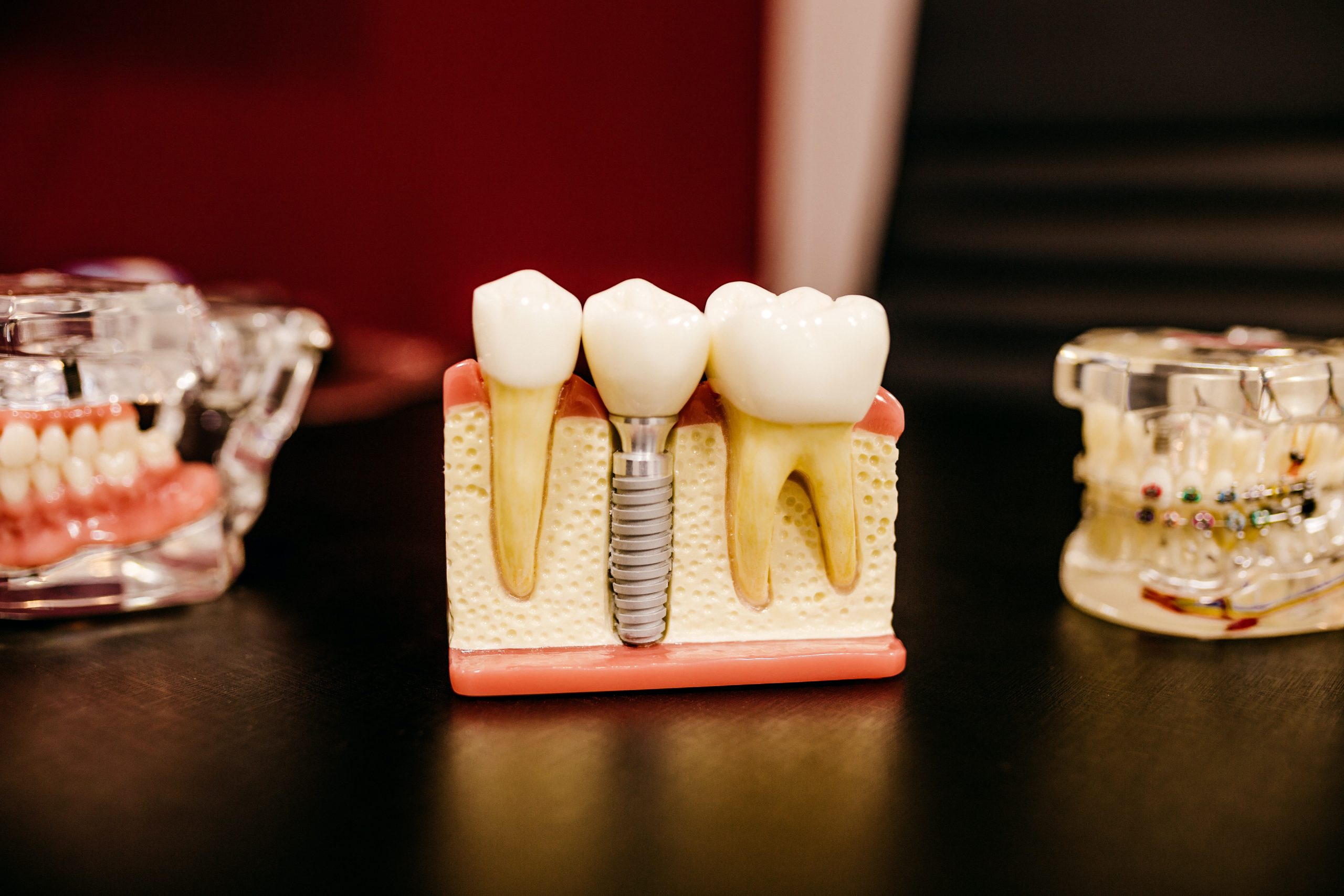Are you considering dental implants Gordon to address a dental problem you have? Perhaps your dentist has informed you that dental implants may be a possible form of treatment for you, or indeed a friend or family member has offered their advice amidst a predicament. They could have shared a personal experience with you about dental implants they have. Especially in the case of the latter, it is important to book a consultation with a qualified dentist to talk these things through.
Only a dentist can correctly advise you on what kind of treatment options may be available to you. This is because your dentist would not only take into account any relevant medical or dental history but also perform an examination. Knowing the current state of your mouth and teeth is paramount when considering any dental treatment.
Dental implants can be used for several reasons, but they are always used to replace teeth. Whether you are missing one tooth, several teeth (consecutive or widespread) or a whole set, dental implants could be an option for you. Alongside being a replacement for teeth, dental implants can be beneficial where there may be damage or injury to the jaw bone; this is because the use of an implanted screw can stimulate the jaw bone to regrow.
What is a dental implant?

A dental implant is made up of three components: an implanted titanium screw, an abutment (a metal rod) and, finally, a crown or denture, which is the visible portion of a replacement.
The titanium screw is implanted into the area where the root would have been and is either screwed or tapped in. It acts in much the way as a natural root, anchoring the remainder of the implant. The abutment is fixed to this implanted screw and provides the surface to which the visible replacement is bonded.
Where one or a couple of teeth are missing (in different locations in the mouth), one titanium screw is likely used in place of each root, and a crown would be used as the visible replacement. However, this is a general idea of what can be expected; specific plans for individual cases can be different depending on the needs of the individual. Where several consecutive teeth are missing, it may be more appropriate to use fewer implanted screws to anchor a few teeth. For example, it is possible to anchor up to four teeth using just one implanted screw. Where all the teeth are missing, it is possible (depending on the situation) to affix a full arch (top or bottom) of teeth using four implanted screws; this is known as the all-on-four implants.
What are the advantages of dental implants?
There are several reasons why dental implants can be considered advantageous. The way in which they are anchored with the screws helps them feel secure in your mouth in a similar way to how natural teeth feel. This feeling of security could also improve the confidence you have in brushing, eating and speaking as your concern about dislodging a tooth is lowered. Because of your increased confidence in brushing and when good oral hygiene routines are implemented, your dental hygiene could improve, allowing your implants to even last a lifetime.
For more information about dental implants or enquiries regarding your suitability for them, get in touch with your local dentist.

DISCLAIMER
Any surgical or invasive procedure carries risks. Before proceeding, you should seek a second opinion from an appropriately qualified health practitioner.

